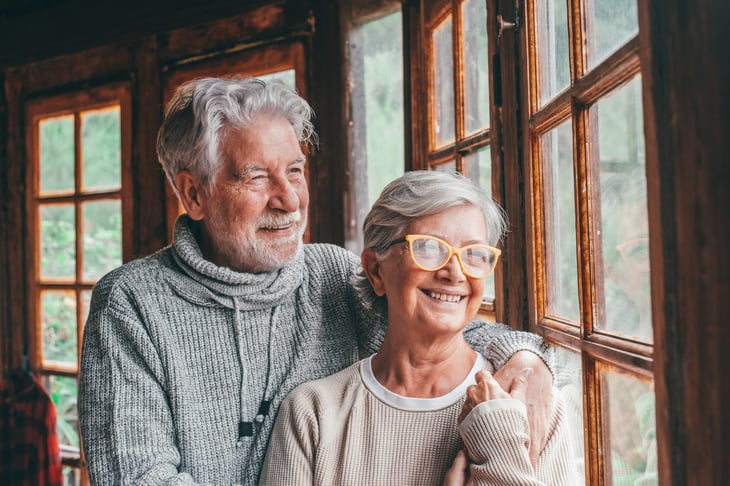
Many people who retire eventually sell their homes and move to a new place in Florida, Arizona or some other area of the country.
But others love where they currently live. They prefer to stay put but might have their hearts set on buying a second home as a getaway.
Buying a second home can be a great move that will bring you joy during your golden years. It might even turn out to be a wise investment. However, it’s important to keep your eyes wide open before taking the plunge.
If you are a retiree, keep these things in mind before buying a second home.
1. Prices of second homes remain elevated.

In many markets across the country, real estate prices are lower than they were a year ago. But even in these places, values typically remain far higher than they were prior to the COVID-19 pandemic.
Elevated prices make second homes less affordable than they were a few years ago. There is also the danger that a housing price correction could be in the offing. Buying a home only to see its value fall is difficult at any time of life but especially during retirement.
2. You might have to make a larger down payment on a second home.
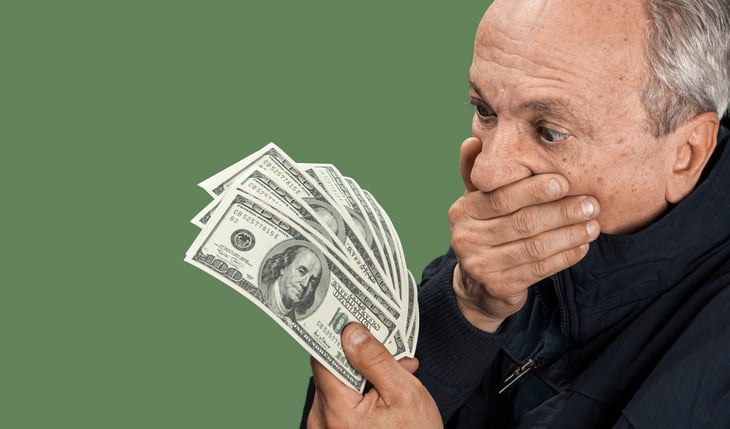
Lenders typically expect borrowers to make larger down payments on a second home compared to what they would require for a primary residence. As Chase points out:
“Mortgage qualifications are tougher for second homes, which could mean you need a larger down payment and/or a higher credit score. Proving retirement income can be challenging as well. Before you apply for a mortgage, it’s important to assess your income and consider your options for making a down payment.”
3. A second home can shrink your nest egg.
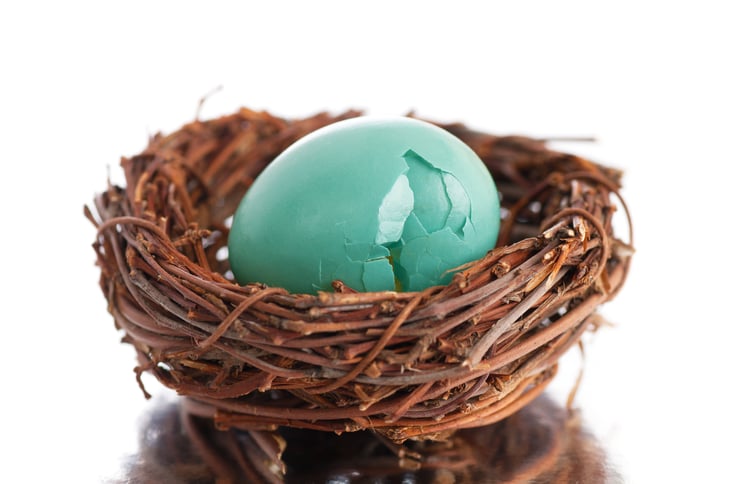
People love to invest in real estate. After all, it’s fun to try to make money by purchasing a home by the lake or in the mountains that you can enjoy whenever you like.
By comparison, investing in the stock market can be deadly dull. Yet, stocks have generated better returns than real estate over the long haul.
Maybe that will change in the future. But if not, having money tied up in a second home might leave you with a smaller nest egg than if you had skipped the second home and invested that cash in stocks instead.
4. Becoming a resident of the second-home state isn’t easy.
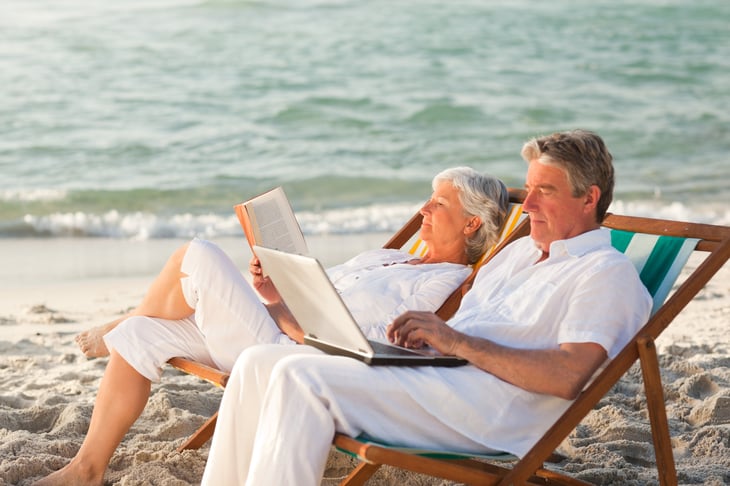
If you live in a state with high income taxes such as New York or California, you might buy a vacation home in a state such as Florida or Texas that has no income tax.
The goal is to become a resident of the no-tax state so you can reduce or eliminate taxes. However, you cannot simply declare yourself a resident of the second state in hopes that the tax authorities will leave you alone.
There are often strict rules that make changing residency a challenge. For example, if you live in New York for 184 days or more and the rest of the time in Florida, the Empire State will consider you to be one of its residents — and will tax you accordingly.
5. Don’t expect capital gains tax breaks on the second home.

If and when you sell a primary residence, you will likely qualify for a large break on your capital gains taxes, which are assessed on the appreciated value of the property. The amounts excluded from taxes are $250,000 if your tax-filing status is single and up to $500,000 for those who are married and filing jointly.
But these tax breaks do not apply to second residences. If you make a profit from the sale of the home, be prepared to pay taxes on all of the gain.
6. Second homes often are expensive to maintain.
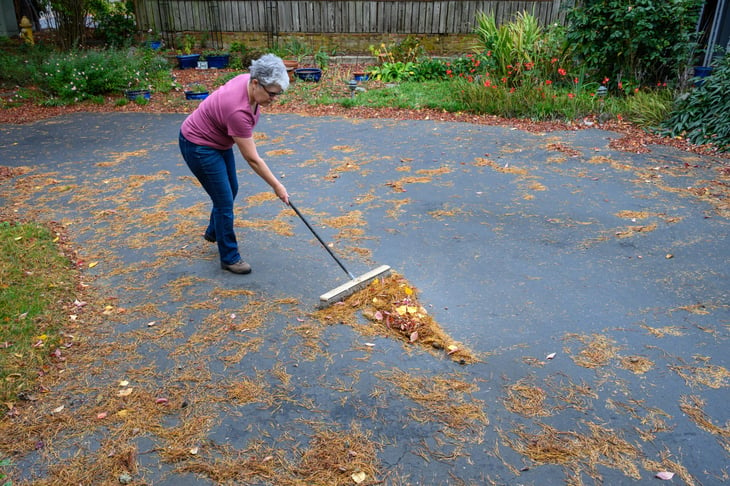
Anyone who has been a homeowner for any length of time knows that homes come with a never-ending string of expenses attached. In addition to the mortgage payment, you must pay taxes and find cash for insurance.
You also might have to buy new furniture and appliances for the second home.
And like everything else, homes slowly fall apart over time. That means a steady stream of your retirement dollars will disappear in maintenance and repair costs.
7. Renting out a second home is full of pitfalls.
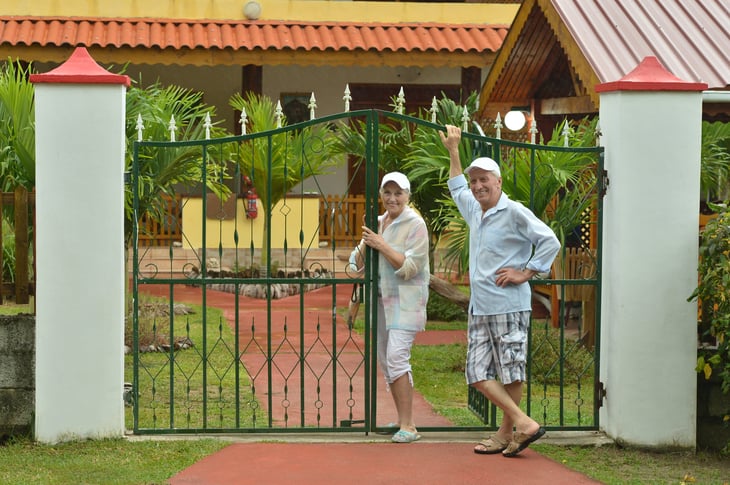
Many retirees purchase a second home fully intending to rent the place out during part or even most of the year. But making money on a rental is not as easy as it looks from afar.
For example, you might struggle to find renters. Or, you might end up with tenants who are noisy, destructive or a nuisance in other ways. If you don’t live nearby — or simply don’t want to hassle with renters — you might need to hire a property manager.
Rental income can be a true financial lifeline in retirement. But it often comes with headaches that retirees should not overlook when considering this option.
8. You might create headaches for heirs.
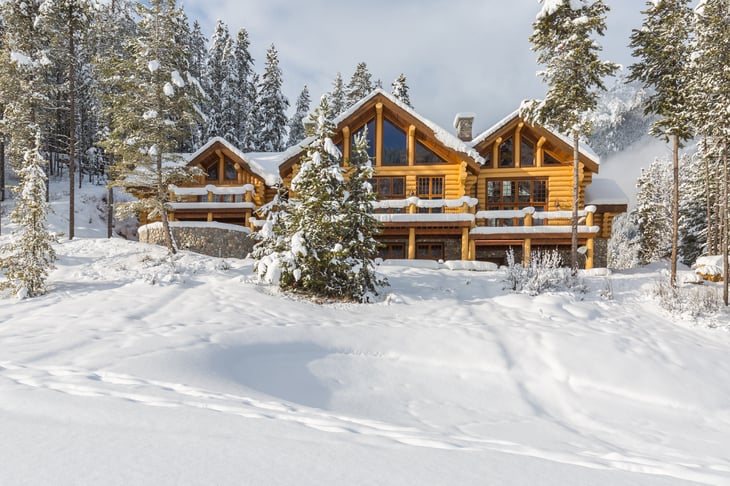
Dividing up $500,000 among your three children is easy. But what happens to your second home after you die?
Does one of the children get the home? If so, how will you divide the rest of the estate to ensure fairness?
And what happens if none of the children wants the home? Will they end up selling it at a reduced price simply to get rid of the property as quickly as possible?
Still considering a second home? Check out “5 Things You Need to Know Before You Buy a Second Home.”





Add a Comment
Our Policy: We welcome relevant and respectful comments in order to foster healthy and informative discussions. All other comments may be removed. Comments with links are automatically held for moderation.